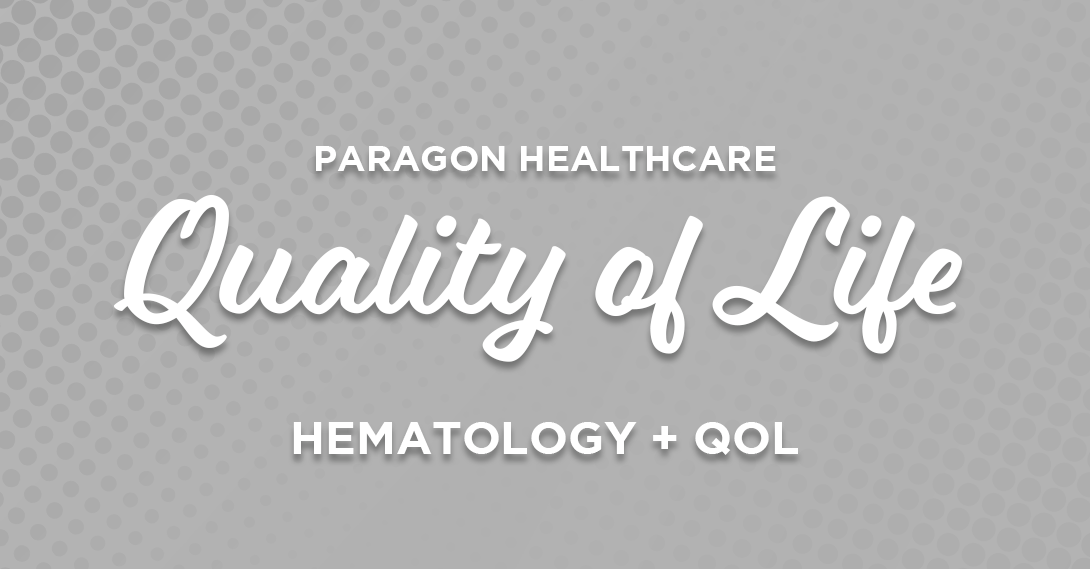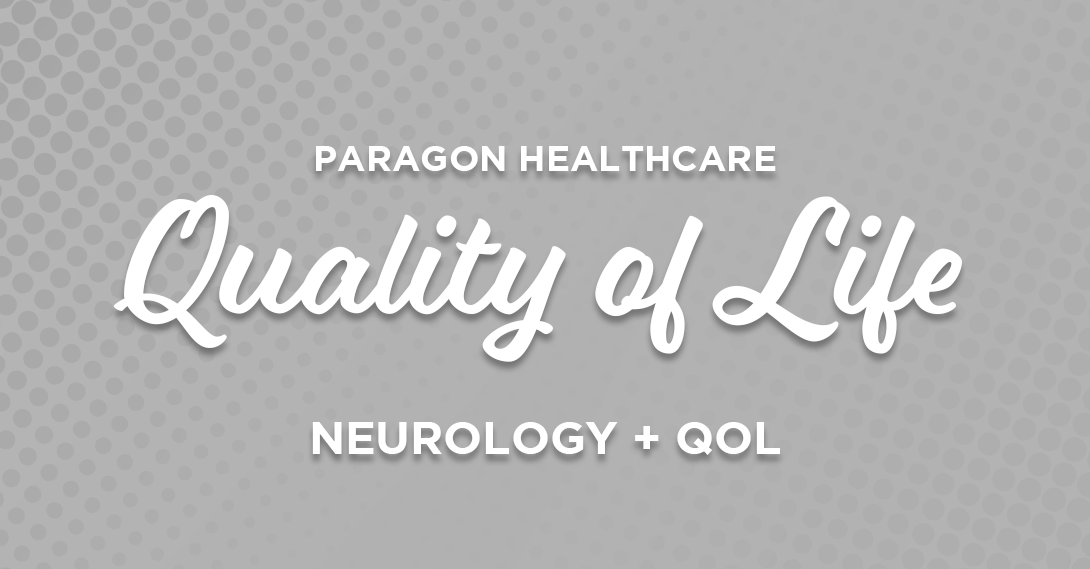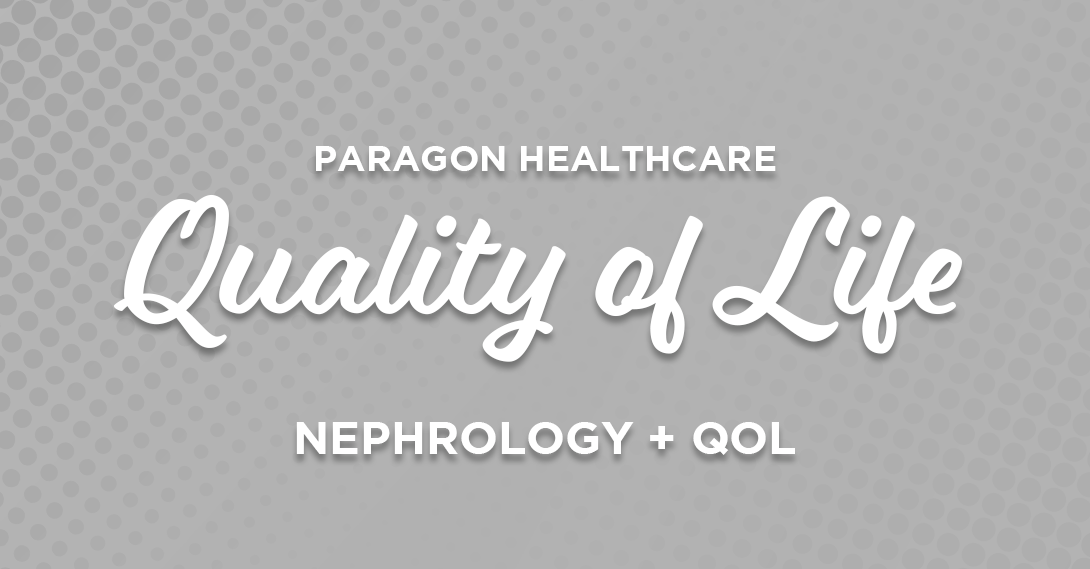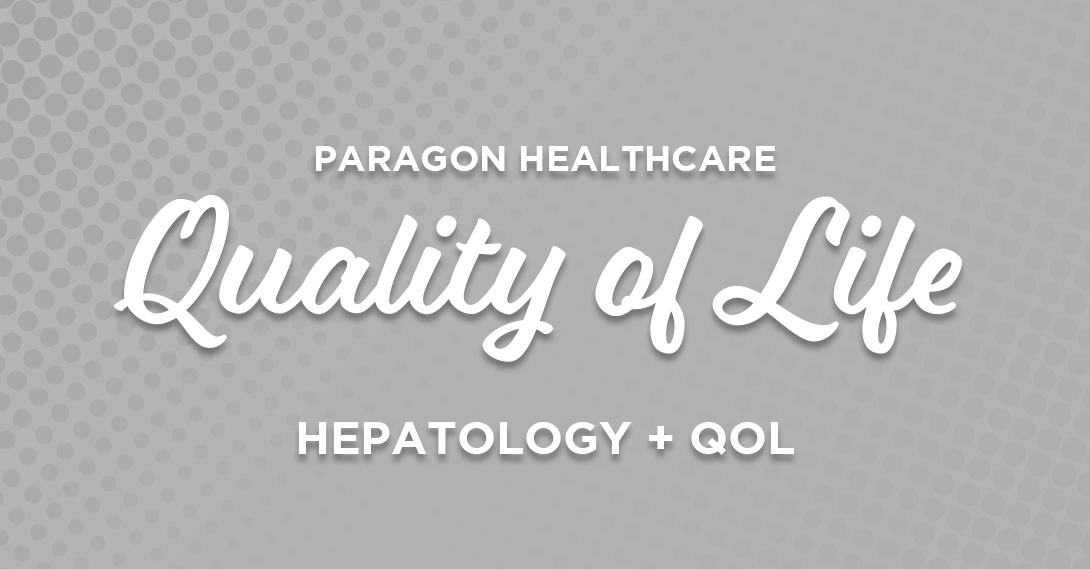Quality of life (QOL) is a phrase used a lot these days, but what does it actually mean, and how does it relate to neurology patients? Read our latest blog article to learn more.

Quality of life is a phrase used a lot these days, but what does it really mean? As a provider of specialty therapies used to treat bleeding disorders, we see the challenges our patients face daily. To us, though, you’re not just a number; you are part of our family. One of the easiest things to measure in the spectrum of healthcare related to a bleeding disorder is physical wellness: fewer bleeds, fewer injuries, stronger muscles and joints, and an increase in physical abilities. On the surface, it can be obvious when someone is physically struggling due to a limp or a joint that is wrapped up. It is much more difficult, though, to measure the psychological or emotional components of managing a chronic condition. Some of the most significant leaps we’ve seen patients make regarding their quality of life were achieved by changing how they view things, not necessarily changing the outcomes. Although there is not currently a cure for hemophilia or von Willebrand Disease, both can be appropriately managed and allow you to lead a fulfilled life. We are here to support you right where you’re at so that you can overcome the hurdles related to your health, comfort, and happiness.
"Quality of Life" is defined as the standard of health, comfort, and happiness experienced by an individual or group. The CDC states, “Health is more than the absence of disease; it is a resource that allows people to realize their aspirations, satisfy their needs, and to cope with the environment to live a long, productive, and fruitful life.”
Quality of life asks questions like, “Do you perceive that your life is going well?” This question must consider your joy and grief, housing, employment, relationships, and overall sense of well-being. These factors are not easy to measure since well-being is a subjective concept, but these areas are critical to painting a picture of your quality of life related to your bleeding disorder.
No two patients are the same, and neither is their experience with a bleeding disorder. A 65-year-old man encounters completely different challenges than a 35-year-old woman or a young child with a bleeding disorder, so why give them all the same advice? We want to reach the hearts of as many people in this community as possible, including teens, children, women, parents, young adults, and spouses. We want to empower women in this community, help teens transition to adulthood, instill confidence in new parents, and remind everyone of the importance of health and wellness when dealing with a chronic condition.
Many individuals with a bleeding disorder have reported the following:
There is hope. What is Paragon doing to promote Quality of Life within the bleeding disorder community? We’ve taken a step back to listen to people just like you. We’ve been on a mission to identify every group of individuals affected by bleeding disorders and the obstacles each group may be facing. Bleeding disorders add different challenges to the lives of those involved, and we feel like a blanket approach just won’t cut it.
There is no magic recipe for a high quality of life, but there are some tips and tricks everyone could benefit from while on the journey. This program gives us a chance to continuously learn from the community and collectively develop resources tailored to each individual. We want this program to create meaningful relationships with bleeding disorder community members to help connect the dots and lead those in need to the right places. Through Paragon, patients have access to our social workers, dietitians, nurses, health and life coaches, and more. Together with our team, your physician, caregivers, and family, we believe you can live your life to its fullest.
As the healthcare industry shifts to focusing on hemophilia and von Willebrand Disease patients’ experience, physicians and providers alike are recognizing that happy and healthy patients are the sum total of a positive physical, mental, and emotional state. Quality of life is a term used to encompass more than just a patient’s physical symptoms from their health condition. Our goal is to empower you to take charge of your health by learning practical ways to manage your bleeding disorder.
For more information about Paragon Healthcare, visit https://paragonhealthcare.com/.
 Neurology and Quality of Life
Neurology and Quality of Life
Quality of life (QOL) is a phrase used a lot these days, but what does it actually mean, and how does it relate to neurology patients? Read our latest blog article to learn more.
 Nephrology and Quality of Life
Nephrology and Quality of Life
Quality of life (QOL) is a phrase used a lot these days, but what does it actually mean, and how does it relate to nephrology patients? Read our latest blog article to learn more.
 Hepatology and Quality of Life
Hepatology and Quality of Life
Quality of life (QOL) is a phrase used a lot these days, but what does it actually mean, and how does it relate to hepatology patients? Read our latest blog article to learn more.